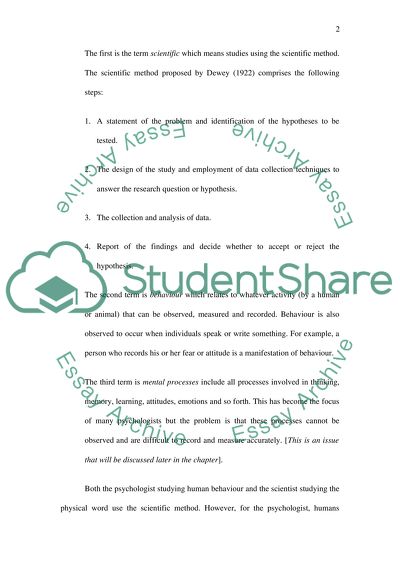Cite this document
(“The History of Psychlogy Essay Example | Topics and Well Written Essays - 2500 words”, n.d.)
Retrieved from https://studentshare.org/psychology/1642551-the-history-of-psychlogy
Retrieved from https://studentshare.org/psychology/1642551-the-history-of-psychlogy
(The History of Psychlogy Essay Example | Topics and Well Written Essays - 2500 Words)
https://studentshare.org/psychology/1642551-the-history-of-psychlogy.
https://studentshare.org/psychology/1642551-the-history-of-psychlogy.
“The History of Psychlogy Essay Example | Topics and Well Written Essays - 2500 Words”, n.d. https://studentshare.org/psychology/1642551-the-history-of-psychlogy.


